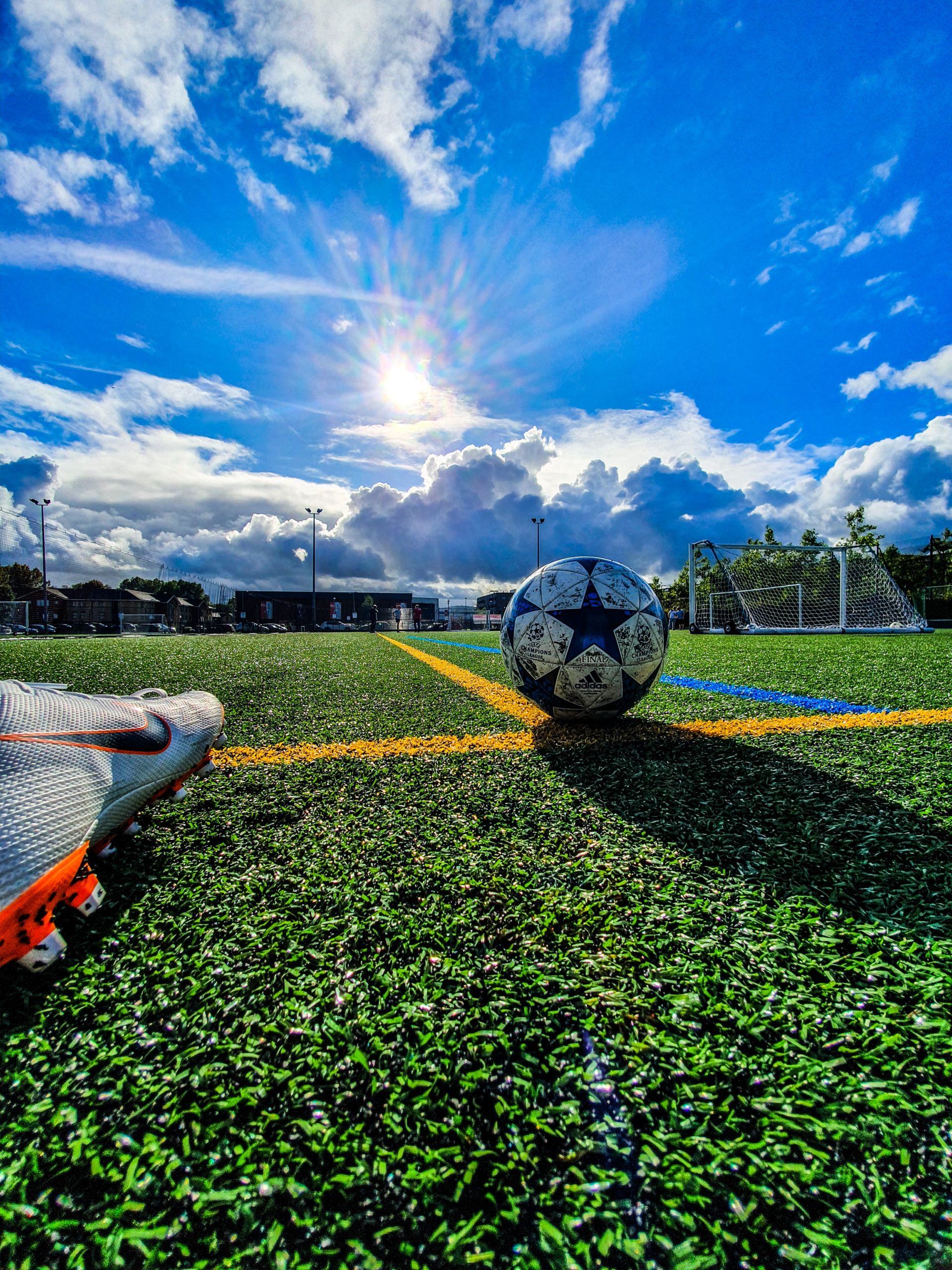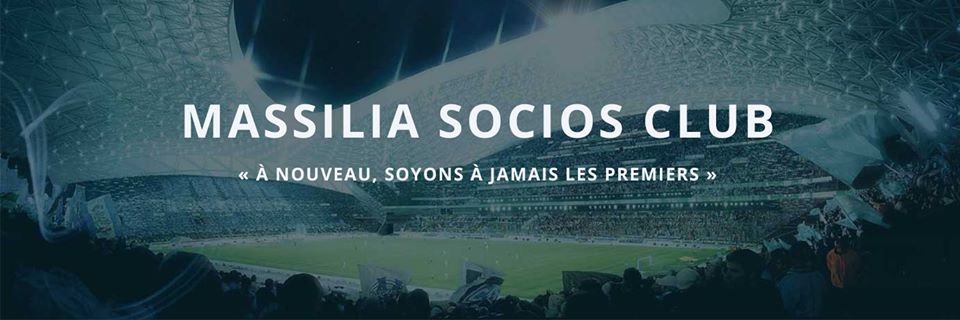Arnaud Thibault (Massilia Socios Club): “Our aim is to perpetuate OM at the highest level, while maintaining its popularity”.
Football is a mirror of our neo-liberal society, with supporters seen only as consumers. In France, however, several of them have formed socios collectives aspiring to take power in the governance of clubs, as is the case in Spain, for example, with the cases of FC Barcelona or Real Madrid. Among these collectives is the Massilia Socios Club, a group of Olympique de Marseille supporters that has been formed since 2016 and which wants to import this economic model into the club. Arnaud Thibault, one of the founders of the collective, was keen to explain the collective’s approach in a difficult financial context for OM, not made any easier by the Coronavirus crisis. Interview.
Feat-Y : How long has the Massilia Socios Club been in existence?
Arnaud Thibault : It has existed since January 2016. That makes more than four years now. The first person we met to validate the project was Pape Diouf [Former president of the Olympique de Marseille (2005-2009), who died on March 31, 2020, NDLR]. And then there were the groups of supporters.
Feat-Y: What motivated you to found this collective and what are your objectives?
A.T: Initially, it was the situation the club was in at that time. You have to put it in context. In 2016, Margarita Louis-Dreyfus was the owner of the club. We had no information on any resale of the club. We saw Vincent Labrune sinking the club from day to day. We didn’t want to sit on our couch and watch the club slowly die. We told ourselves that we were going to put our professionalism at the service of this cause. So, with Julien Scarella and two lawyers, we set out on this adventure. To validate this concept, we met with Pape Diouf and talked for two hours in February 2016. We had to carry out a project with a good chance of success. We wanted to validate it with him. Our objective is to enable OM to present an economic model that will enable it to continue at the highest level, while preserving its popular fervour and its history, which make its reputation. This is the foundation of our approach. Today, what makes OM and the meaning of OM is the supporters. It’s the fervour in the stadium. It’s not the team we’ve had on the pitch for 25 years, or the players. There’s not one of the players we’ve had that makes you dream more than others, with a few exceptions. Always the principle of the logo above the players, the OM above the players, the managers, the coaches who have passed. It’s really about perpetuating OM at the highest level while maintaining its popular fervour. That’s why we’re bringing in a social project, which we believe is the best economic model for achieving this goal.
Feat-Y: Do you claim the principle of “one man = one vote”, as is done in cooperative enterprises?
A.T: It’s rather the principle, yes

Feat-Y: Apart from Pape Diouf, do you have support from supporters, former players of the Olympique de Marseille?
A.T: Our basic strategy has been not to communicate. At the beginning of the adventure, we were nobody. We went to meet the whole OM ecosystem, which revolves around OM. Hence the meeting with Pape Diouf. Then we went to make sure that the project would fit in and please the groups of supporters we went to see. Some groups of supporters support us. Other groups, the most important ones, remained fairly neutral, saying roughly this: “if you can do it, frankly, it’s great. But, on the other hand, we don’t believe in it”. That’s normal when you start a project. There was nothing at the beginning, necessarily. But we wanted to hear, at the very least, that they would validate the project even if they didn’t support it publicly. Afterwards, our strategy was to go and see opinion leaders to convince them of the merits of our idea, so that they could get the message across. There is JPP, who officially supported us. Di Méco too. Amoros, Dib and Mozer, who we contacted. And for some, they took their cards or left a public message of support. Afterwards, there were contractors who supported us. We went to see people like René Malleville, Bengou. Without going into more detail, these are the people we went to see. We also went to see the OM association, of course. We had contacts with politicians. We did the whole ecosystem around OM.
Feat-Y: How many people have taken their card at the Massilia Socios Club so far?
A.T: We’re in the 3,500 range. Here we have to distinguish between those who have paid 80 euros, others 30 euros, and a few who have a free membership. But that’s still on the margin. There are 600-700 free members. The rest are paid members.
Feat-Y: Do other fan collectives from other French clubs follow the same line as you and do you exchange tips?
A.T: We’ve joined the CNSF, which is run by a collective from Nantes. But there are few exchanges on that. To answer your question, we don’t exchange much with other movements from other clubs. We’ve exchanged with people from Nantes, mainly. And the others, not at all.
Feat-Y: Since you have been in existence, what are your exchanges with the management of Olympique de Marseille?
A.T: Our exchanges with the management of OM were introduced in 2016. In April 2016, we learned that the club was going to be sold. At the end of August we found out it was McCourt and at that time we contacted Didier Poulmaire, the lawyer for the transaction, who is convinced that a socios system is well-founded and that if there is a place where it could work, it would be in Marseille. From there, he introduced us to Jacques-Henri Eyraud, whom we met in Paris at the end of November 2016. Several meetings followed to take the temperature. From memory, we met him in March 2017 and again in June 2017. From there, he introduced us to his teams to work on the implementation of the project in July 2017. Between July 2017 and April 2019, two years of exchanges, discussions and negotiations, which ebbed and flowed over time. When we had a two- to three-week response time, it took them two to three months to respond to us. We were in a state of mind of co-constructing, with them, an intelligent project to make it work. On the other hand, they were in a rather bizarre negotiation process and they tried to pull the project in all directions and to cover their side, so that at the beginning of 2019 we could tell them: “some people have contributed 80 euros and we’ve been telling them for two or three years that we’re still in discussion with OM. Either we find a win-win agreement for everyone. Or, we say stop the negotiations and pay people back. So, they did not go through with the things we wanted. We stopped the discussions in April 2019, by sending an email to Jacques-Henri Eyraud saying that we were not being offered a win-win deal and that, under those conditions, we did not want to get people involved in a project that we thought was going to fail and that we would remain at their disposal to build, with them, a win-win project that would work and serve OM.Two or three weeks ago, we sent them an email saying that following his interview with the team, talking about the values we have been defending since the beginning, we were available to work on tomorrow’s football and tomorrow’s OM. That we were a laboratory of ideas on which he could rely with us. And they did not deprive themselves of that. In the exchanges, a lot of things were put in place that came from ideas that we passed on, written down in black and white. That is the state of discussions with the OM.
Feat-Y: While the Coronavirus has led to an early end to the Ligue 1 season and confirmed OM’s second place in the league, which means qualification for the Champions League, the club’s financial situation remains fragile. How do you intend to convince the club’s management and fans of the merits of your approach? How do you intend to convince the club’s management and fans of the merits of your approach?




